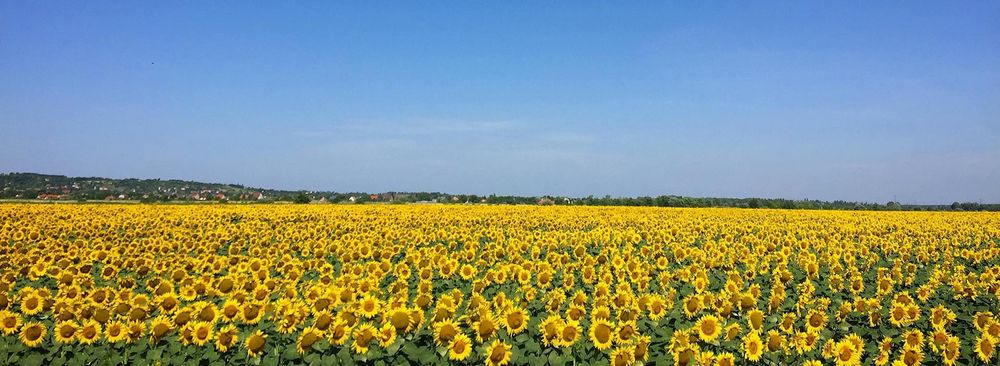
International hub of high quality research and reflection on the European Union.
More at 🔗 europeangovernanceandpolitics.eui.eu/.
Part of the @eui-schuman.bsky.social, @eui-eu.bsky.social.
▪️ political participation and online campaigning
▪️ social movements and contentious politics
▪️ media, political elites, and EU institutions
▪️ comparative perspectives, with a focus on underrepresented regions
▪️ political participation and online campaigning
▪️ social movements and contentious politics
▪️ media, political elites, and EU institutions
▪️ comparative perspectives, with a focus on underrepresented regions
🔸 Which elements of the liberal project are essential and universalisable?
🔸 What explains the appeal of illiberal alternatives?
🔸 Can small states remain liberal in a post-liberal world?
🔸 How should the West respond to shifting power structures?
🔸 Which elements of the liberal project are essential and universalisable?
🔸 What explains the appeal of illiberal alternatives?
🔸 Can small states remain liberal in a post-liberal world?
🔸 How should the West respond to shifting power structures?
bit.ly/3ZTcq0O

bit.ly/3ZTcq0O

